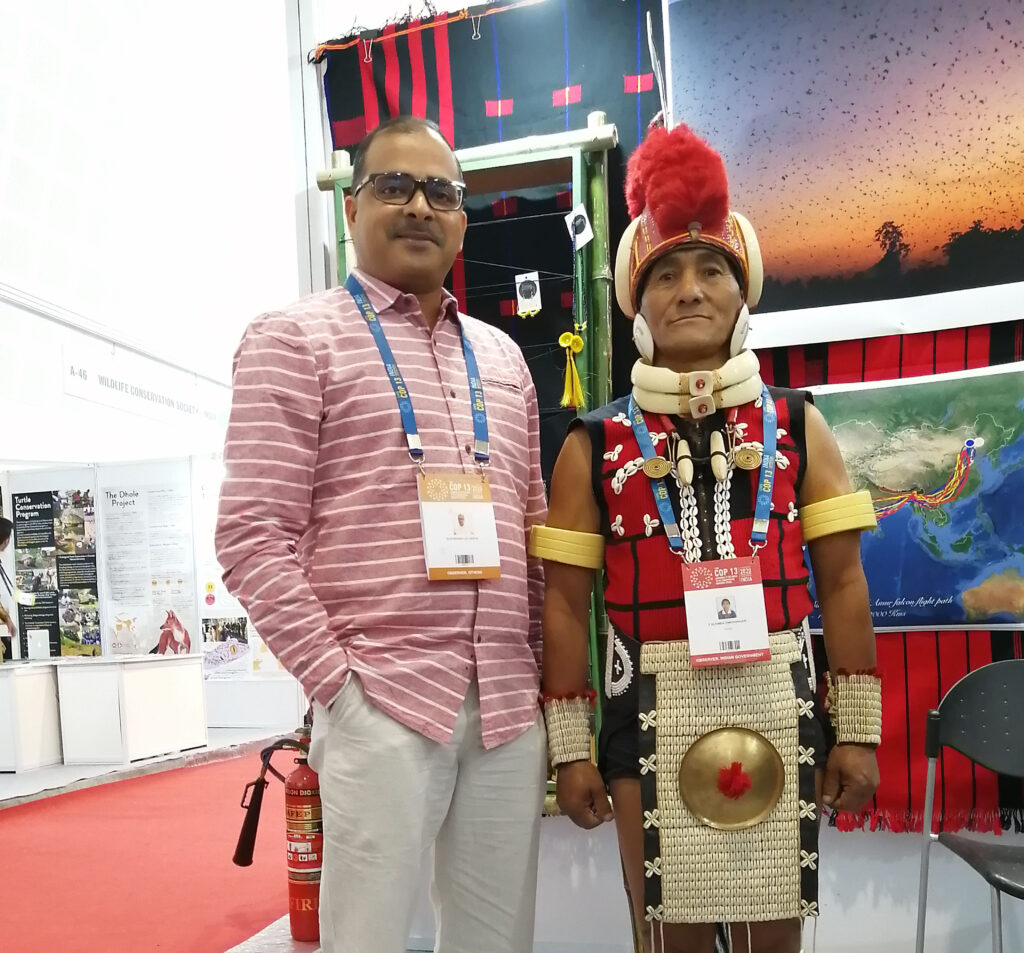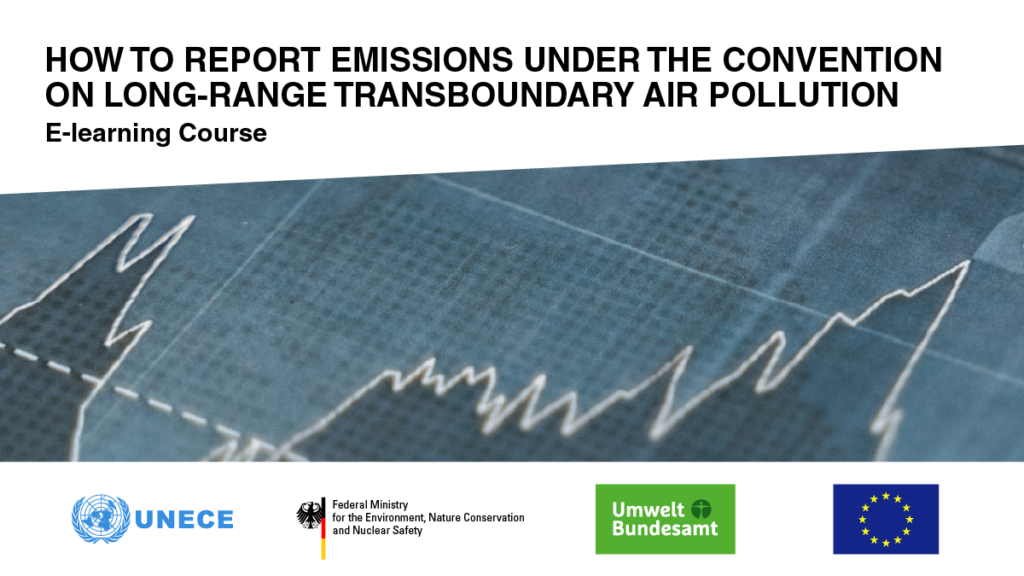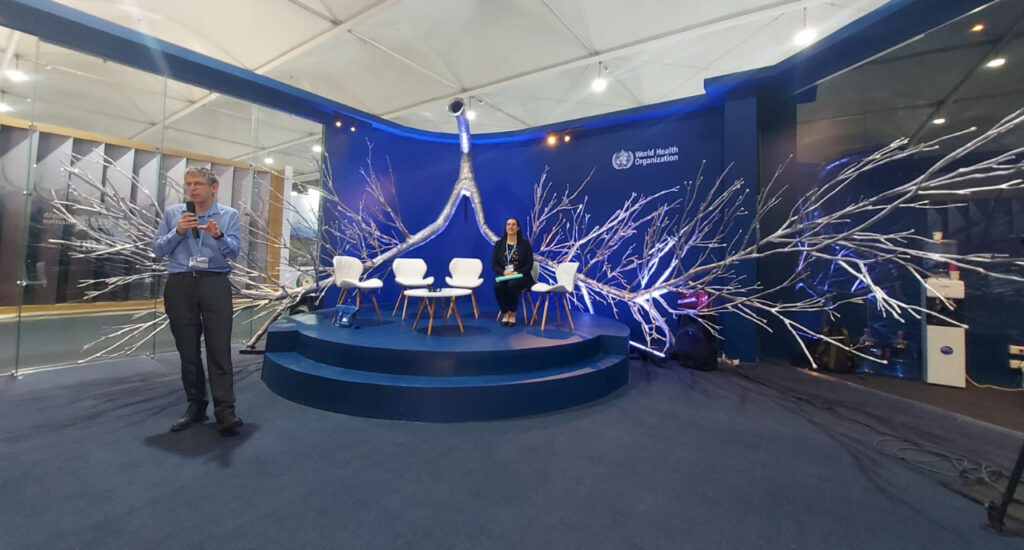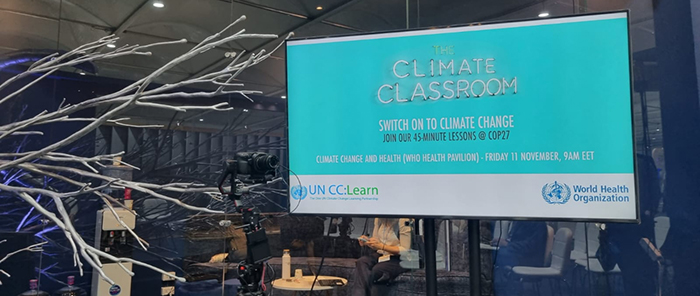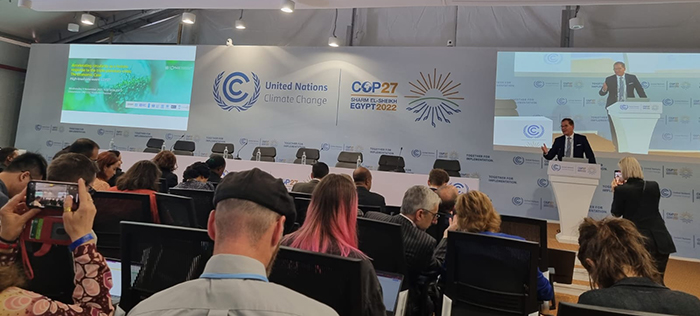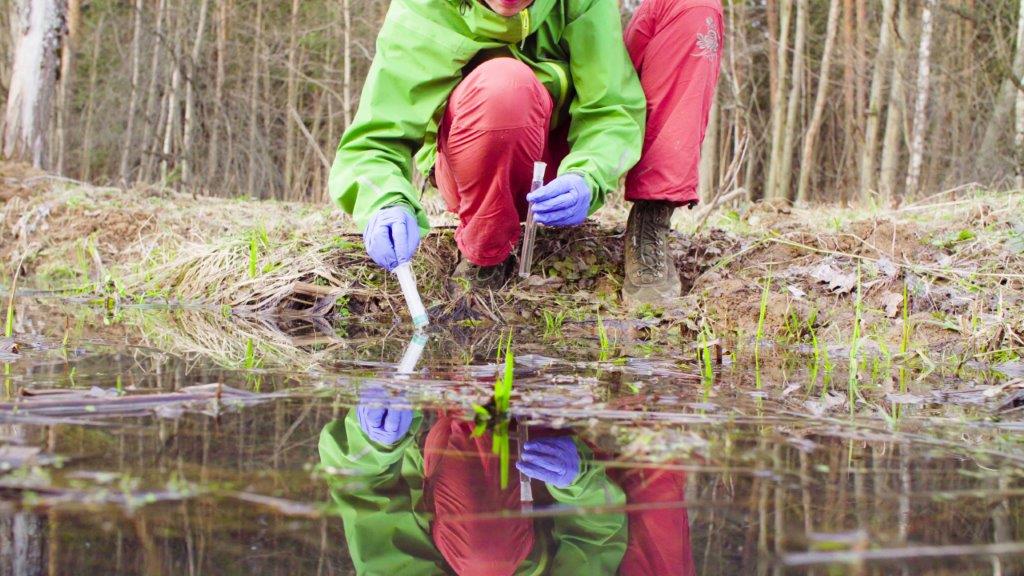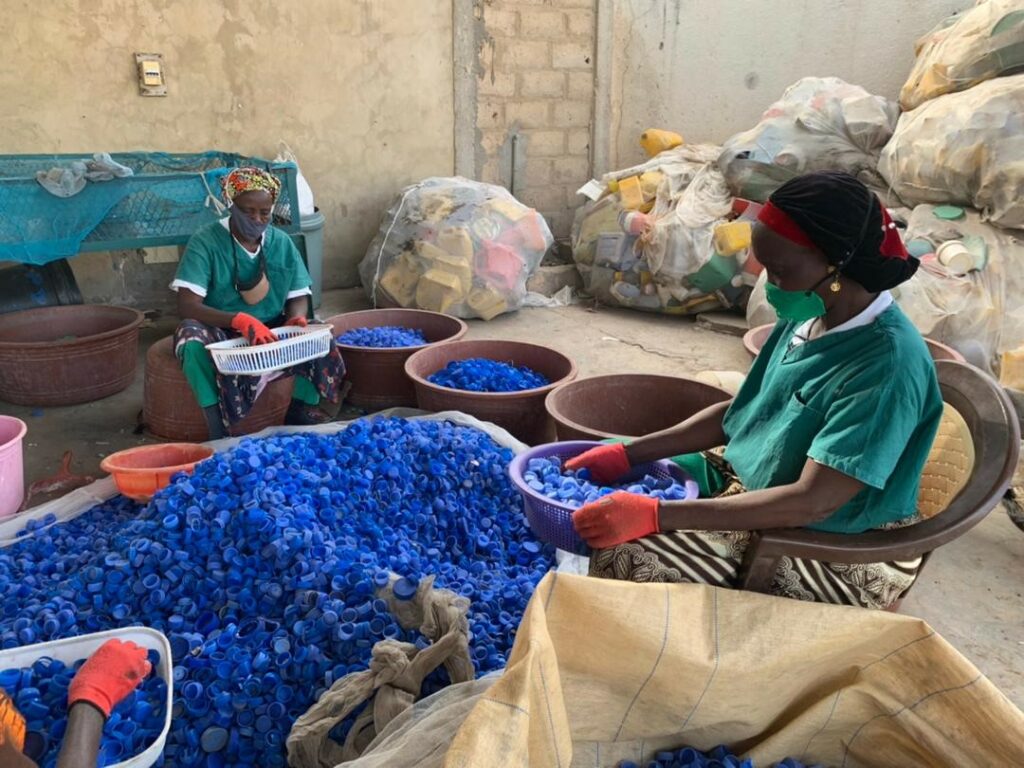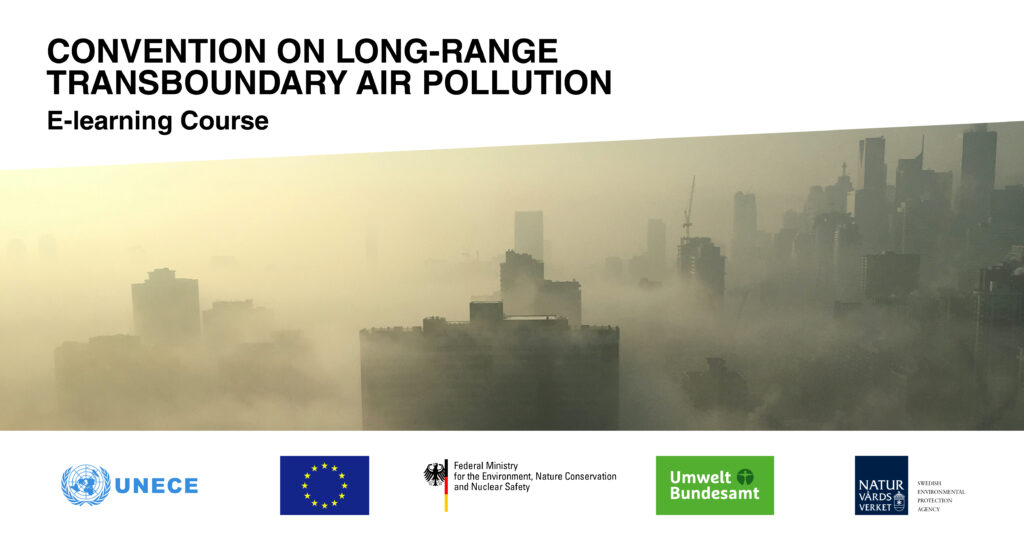In 2019, UN CC:Learn teamed up with Danone to produce “Sustainable Diet”, an interactive and dynamic e-course that aims to shift mindsets and foster better food choices for the health of the people and the planet.
This eight-module learning experience takes an average of two hours to complete and combines both video and online lessons. It was originally launched in English, Indonesian, and Portuguese, and is now available in French.
Climate Change seriously threatens food supplies, which in turn are also causing animal and plant species to disappear at an unprecedented rate.
“The loss of biodiversity for food and agriculture is seriously undermining our ability to feed and nourish an ever-growing global population. We need to use biodiversity sustainably to better respond to rising climate change challenges and produce food in a way that doesn’t harm our environment,” Jose Graziano da Silva, Head of FAO (UN CC:Learn partner).
These challenges are transforming how we produce, market, and consume food, but for positive transformations to effectively happen in this sphere, individuals must change their relationship with food.
By highlighting the environmental and social aspects of food production and consumption, the course seeks to shift mindsets towards a more sustainable way of living. “Sustainable Diet” strives to raise awareness of the impacts of people’s lifestyles, notably regarding their food choices, on people’s health while demonstrating what environmental implications these choices have.
What will you learn?
After completing the course you will be able to:
- Explain what is at stake: how do your food choices affect your health and the environment?
- Make better food choices that consider both human and planetary well-being
- Identify ways in which changing your diet makes a positive impact
- Develop a personal sustainable and healthy diet plan or project
Who should take this course?
The course is open to anyone and will be particularly useful to everyone interested in learning about how their lifestyles, particularly their food choices, impact their health and that of the planet.
Will you get a certificate?
To receive a certificate, learners must:
- Go through all eight lessons.
- Score 70% or more in the final quiz within three attempts.
Sign up for the “Sustainable Diet” in French e-course today!




 As nature’s stewards, indigenous people play a vital role in managing and preserving the environment. However, their interests are often overlooked. Suryakanta Acharya, an oncologist from India, is making sure indigenous people are getting their voices heard.
As nature’s stewards, indigenous people play a vital role in managing and preserving the environment. However, their interests are often overlooked. Suryakanta Acharya, an oncologist from India, is making sure indigenous people are getting their voices heard. 